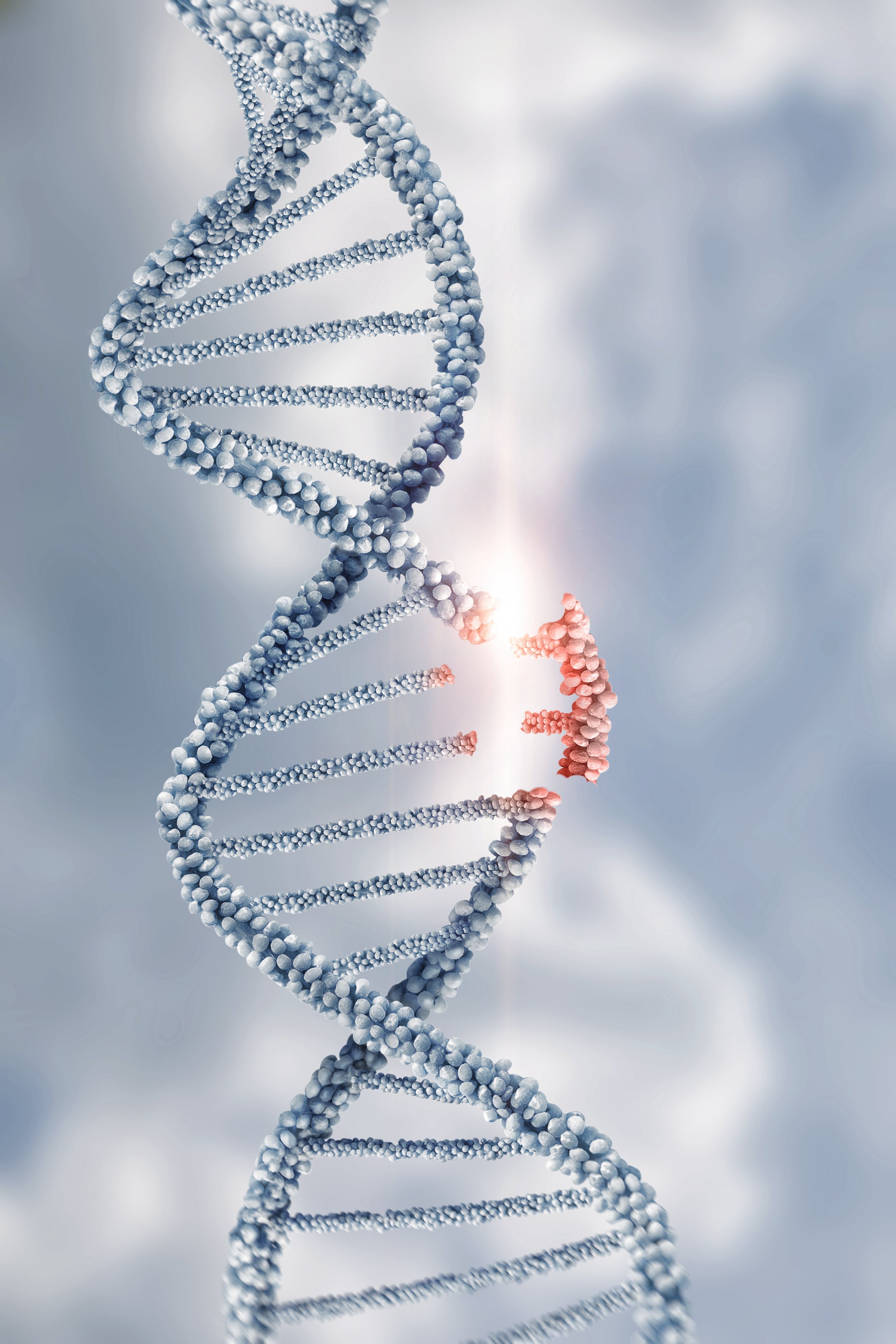
New Paradigm for Genetically Defined Neurodegeneration
CNS-Directed Gene Therapies for Neurodegenerative Diseases
Jaya Biosciences is a privately held preclinical-stage life sciences company developing CNS-directed gene therapies for genetically defined neurodegenerative diseases, including Alzheimer’s, Parkinson’s, and frontotemporal dementia.
Our Lead Therapy
JB111 is an experimental CNS-directed AAV9-mediated PPT1 gene therapy currently being developed for Alzheimer’s disease associated with PPT1 haploinsufficiency (carrier status for loss-of-function mutations in palmitoyl protein thioesterase-1 gene or PPT1 heterozygosity).


